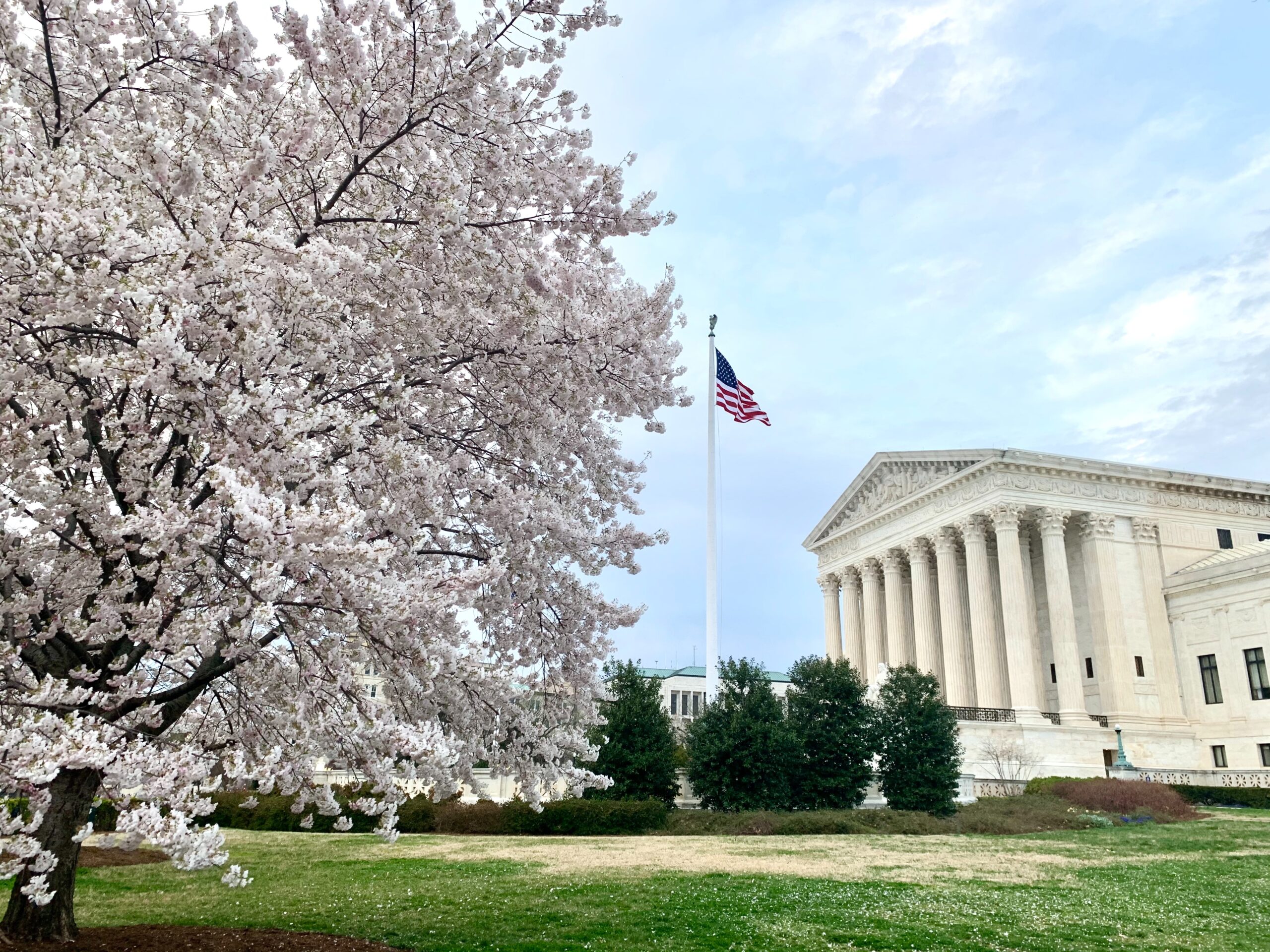By Richard Manning
The U.S. Supreme Court’s ruling Thursday in the Americans for Prosperity (AFP) v. Bonta case: affirms the fundamental constitutional precept of freedom of association.
The case revolved around whether the state of California could require the disclosure of donors. Citing the landmark 1958 Alabama v. NAACP decision, the Court held that donor identities can be withheld from the state on the basis that disclosing donor identification could subject donors to retaliation. In the 1950s, Democrats in the state of Alabama attempted to require the NAACP to provide its donor list with the full expectation that the state would engage in retaliation against those people. In the late 2010s, Democrats in the state of California attempted to impose the same requirements on non-profits for the same purposes.
This decision should put an end to Congressional attempts through so-called “election law reform” to compel non-profit groups, which provide zero tax benefits to donors, to provide donor names to the highly politicized federal tax collection agency.
This is great news for people on all sides of the political spectrum to be able to engage in political advocacy without risking their personal and professional safety.
Ed Whelan, a Distinguished Senior Fellow of the ETHICS AND PUBLIC POLICY CENTER, offers further background and insights in his column for the National Review:
“In his (predominantly) majority opinion today in Americans for Prosperity Foundation v. Bonta, Chief Justice Roberts delivered a sweeping victory for the First Amendment rights of charitable organizations and their donors. Specifically, the Court ruled by a 6 to 3 vote (along ideological lines) that the state of California’s requirement that charitable organizations that solicit funds in California disclose the identities of their major donors to the state Attorney General’s office violates donors’ First Amendment rights.
“The threshold question in the case is what standard of review applies to First Amendment challenges to compelled disclosure. The Chief determines (in Part II-B-1 of his opinion) that “exacting scrutiny,” rather than “strict scrutiny,” should apply. Although you might not be able to discern it from the labels, exacting scrutiny is more permissive than strict scrutiny. Under exacting scrutiny, there must be “a substantial relation between the disclosure requirement and a sufficiently important governmental interest,” whereas under strict scrutiny the government must adopt the least restrictive means of achieving a compelling state interest.
“This is the one issue on which the Chief’s opinion did not garner a majority. Justice Thomas would apply strict scrutiny, and Justice Alito, joined by Justice Gorsuch, sees no need to decide in this case between the two standards (and also leaves open the possibility that some compelled disclosures might be subject to one of the standards and others to the other).
“The Chief’s opinion is in all other respects a majority. The Chief determines that “[w]hile exacting scrutiny does not require that disclosure regimes be the least restrictive means of achieving their ends, it does require that they be narrowly tailored to the government’s asserted interest.” California’s requirement is “facially unconstitutional” because there is a “dramatic mismatch between the interest that the [California] Attorney General seeks to promote and the regime that he has implemented.” California collects lots of sensitive information about donors’ contributions, but that information plays virtually no role in advancing the Attorney General’s investigative, regulatory, or enforcement efforts concerning charitable fraud and self-dealing. California’s real interest is in ease of administration, but that interest can’t justify the burden on donors’ associational rights.”
“The Chief explains that a facial challenge is appropriate in this First Amendment context, as the “lack of tailoring to the State’s investigative goals is categorical—present in every case—as is the weakness of the State’s interest in administrative convenience.” It doesn’t matter that some donors might not object to disclosure, as California’s requirement “indiscriminately sweep[s] up the information of every major donor with reason to remain anonymous.” And such reasons clearly exist:
The petitioners here, for example, introduced evidence that they and their supporters have been subjected to bomb threats, protests, stalking, and physical violence. Such risks are heightened in the 21st century and seem to grow with each passing year, as anyone with access to a computer can compile a wealth of information about anyone else, including such sensitive details as a person’s home address or the school attended by his children.
“In the face of these privacy concerns, California’s “assurances of confidentiality are not worth much”: “the [district] court found that the Attorney General’s promise of confidentiality ‘rings hollow,’ and that ‘donors and potential donors would be reasonably justified in a fear of disclosure.’”
“It might not surprise you to learn that the particular California attorney general whose promise of confidentiality was found by the district court to “ring hollow” was Kamala Harris.
Richard Manning is President of Americans for Limited Government.








